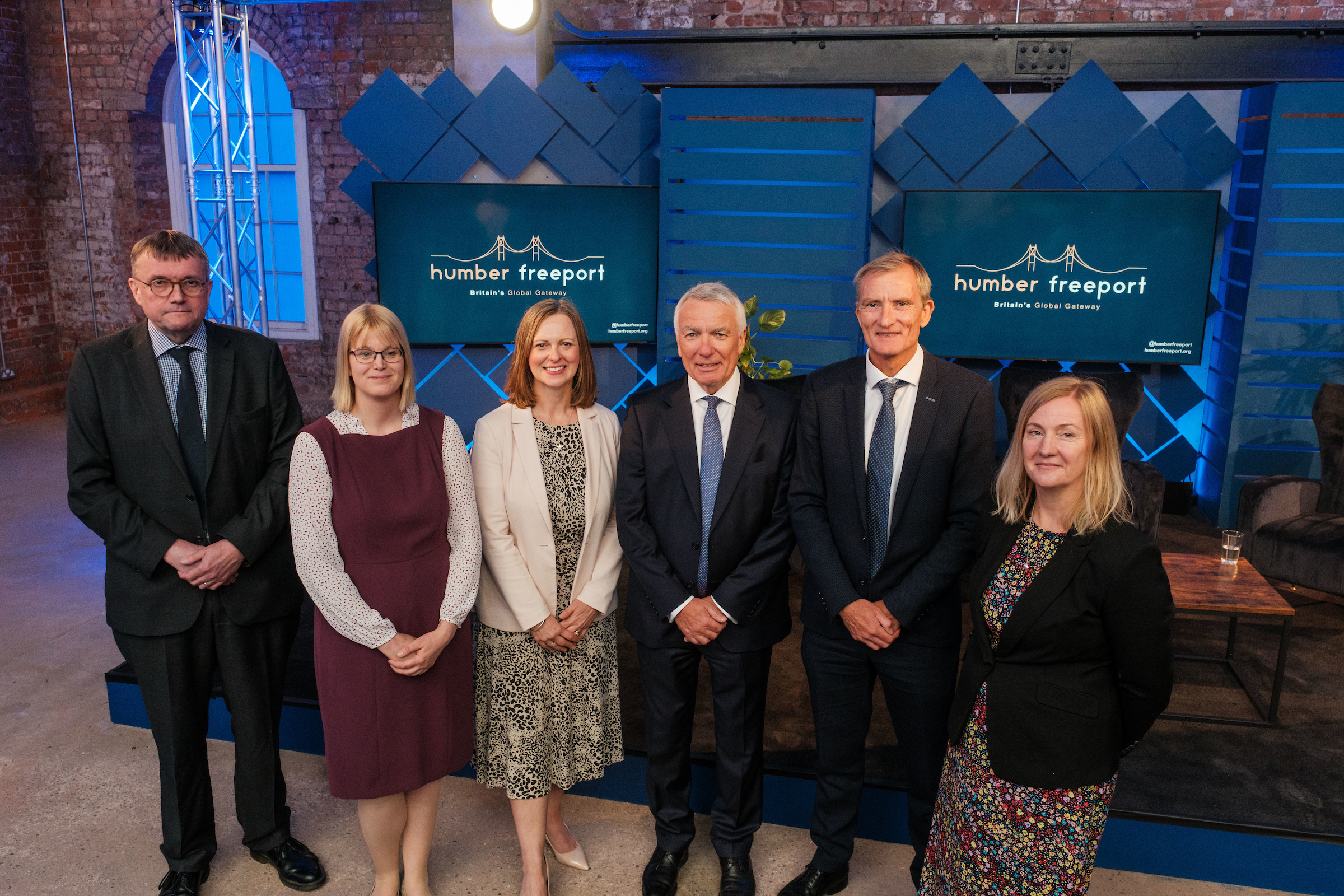More than £1bn of new investment has been pledged as Humber Freeport built strong foundations for long-term growth in its first year.
Twelve months on from the launch of Humber Freeport, collaboration between industry, academia and the public sector has helped the region align on its unique proposition.
Major investments from global businesses have been committed to the Humber Freeport tax sites in Hull and Goole. These are expected to create more than 700 skilled jobs, in sectors ranging from advanced manufacturing and technology to ports and green energy.
Humber Freeport has positioned itself at the heart of the region’s industrial strategy, shaping skills development and innovation and helping to drive a place narrative capitalising on the Humber’s world-class expertise in decarbonisation and clean energy.
A year ago, Humber Freeport Chair Simon Bird welcomed delegates to Associated British Ports’ historic Pump House in Hull for the Freeport launch, when he set out the vital role of freeport status as a catalyst for growth.
Speaking 12 months later, Mr Bird said: “When freeports were established, the Humber was identified as the region with the most powerful proposition, and which could benefit significantly from freeport designation.
“Fast forward to today and we are seeing that potential being realised. The investments secured in our tax sites will be transformational for the Humber, both in terms of direct employment and through growth in the broader supply chain.
“It’s important we build on this impressive momentum. We’ve got off to a very strong start – now we must seize the opportunity to supercharge our region’s economy.”
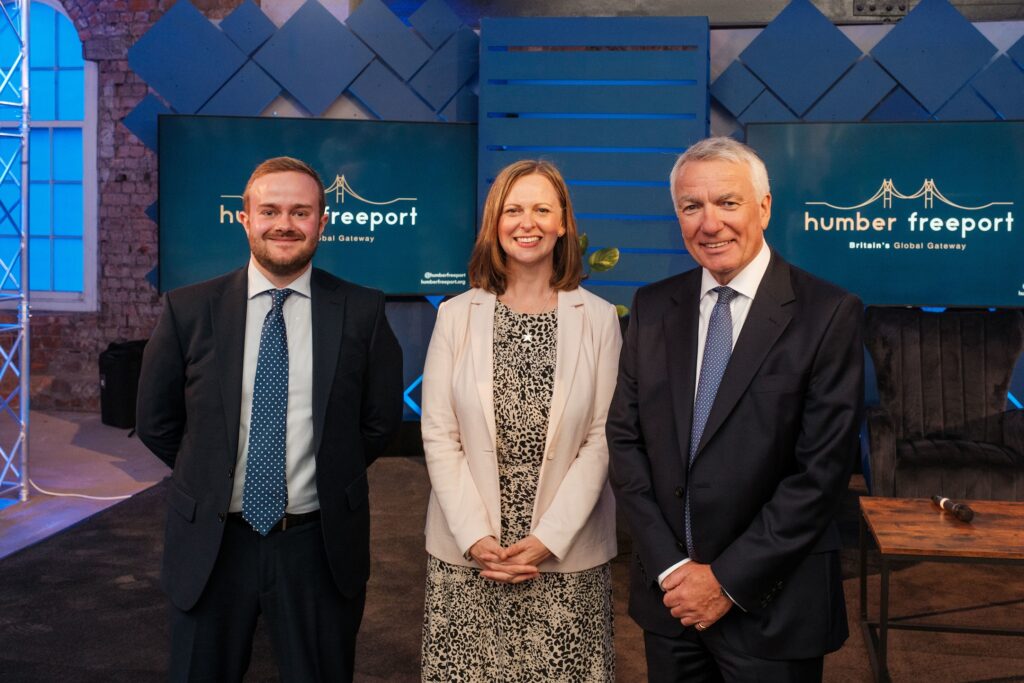
Connecting many of the key investments pledged so far is the drive to decarbonise the Humber’s energy-intensive industrial cluster.
As the pre-eminent energy cluster in North West Europe, the Humber is on an ambitious path to net zero. Humber Freeport has aligned itself closely to decarbonisation and the evolution of low carbon, green technologies, including the fast-growing North Sea offshore wind industry.
Looking ahead, Humber Freeport will continue to work with the Government to help deliver on its green agenda, driving clean and sustainable growth.
Humber Freeport is also building on the region’s existing strengths in advanced manufacturing, logistics, chemicals and port-related industries.
Much of the early investment in Humber Freeport sites has been made within the Hull East tax site.
Those investments include Meld Energy’s proposed green hydrogen plant, located at Saltend Chemicals Park.
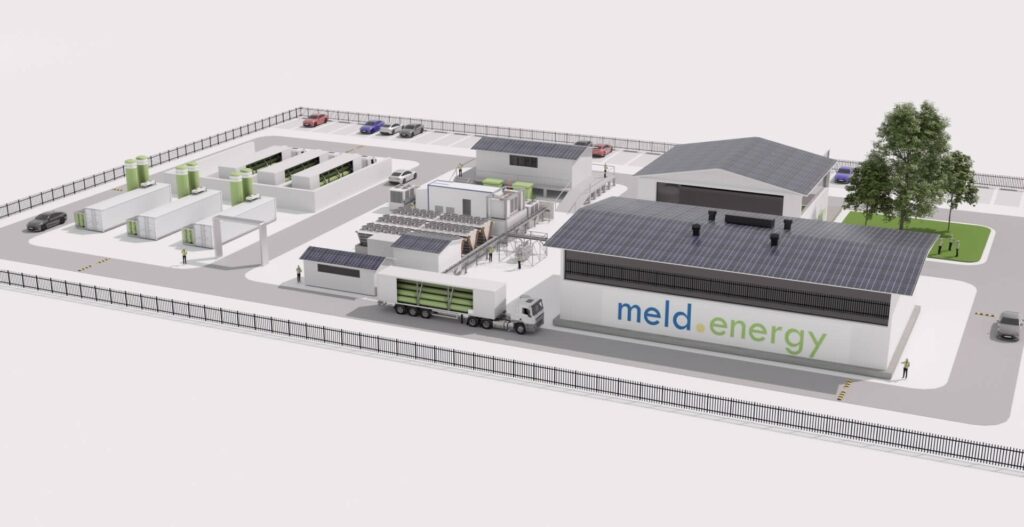
Two other key projects have also taken a step forward – Equinor’s proposed low carbon hydrogen production plant and Standard Gas Technologies’ clean gas plant.
Within the wider Hull East tax site, plans have also been approved for the £200m Yorkshire Energy Park, a technology campus which could support more than 4,000 jobs.
Patrick Pogue, Group Director, Growth and Innovation at px Group, owner and operator of Saltend Chemicals Park, said: “We’re seeing significant investment at Saltend by companies focused on green energy and low carbon technology.
“The incentives created by freeport status offer a very important additional attraction and give the Humber a major advantage in the international competition for major inward investments.
“Humber Freeport is a powerful weapon in the region’s armoury and acts as a catalyst for growth and skilled job creation.”
Elsewhere, Finnish manufacturer Metsä Tissue has selected part of Humber Freeport’s Goole tax site to develop the UK’s largest paper tissue mill. The development will create more than 400 jobs directly, with thousands of indirect jobs in the supply chain and local economy.
Developer Wykeland Group holds the long-term development rights to the land and has worked closely with Metsä Tissue to enable the landmark development.
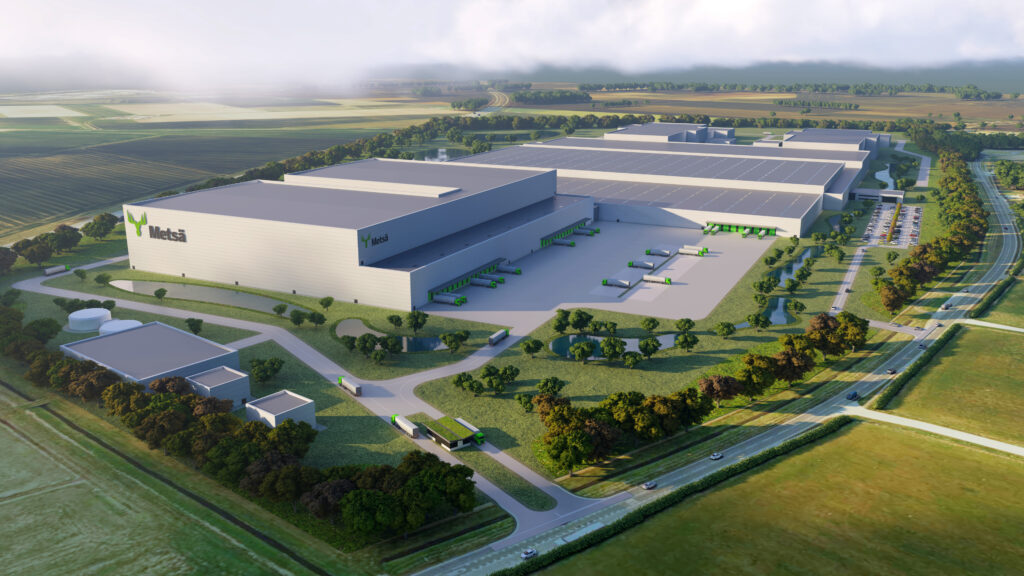
Wykeland has exchanged on a deal to sell the 211-acre site to Metsä Tissue, subject to planning approval, to pave the way for construction of the manufacturing facility.
Wykeland Managing Director Dominic Gibbons said: “Goole has become one of Yorkshire’s leading investment hotspots, as underlined by the Metsä Tissue investment and other large-scale developments such as the Siemens Mobility rail village.
“Freeport status has added a significant new positive factor, in addition to Goole’s other advantages, including its excellent location enabling businesses to reach markets easily by road, rail or sea.
“Attracting major investment, such as that by Metsä Tissue, will also benefit the wider area well into the future, as freeport status enables the retention within the region of very significant business rates to support long-term economic development.”
On the south side of the Goole tax site, plans have been submitted by Henry Boot Developments and landowner St John’s College Cambridge for a 300-acre industrial manufacturing and logistics park.
Humber Freeport has three core workstreams – innovation, decarbonisation and skills.
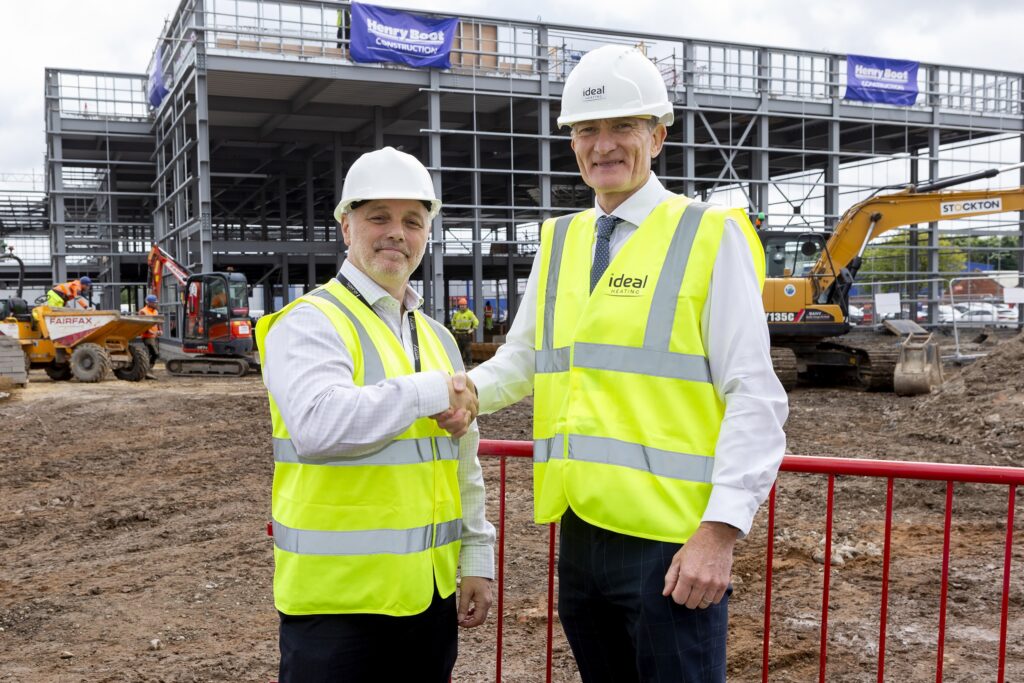
A Freeport Innovation Liaison Group has been established to support collaboration between stakeholders and industry, alongside the University of Hull and University of Lincoln. The group works to shape innovation policy and enable access to funding streams, with a focus on green energy, decarbonisation, ports and logistics, agrifood and medical technology.
Running alongside this is the Freeport’s decarbonisation sub-group, which is developing a Humber Freeport Decarbonisation Masterplan, due to be published this year.
When it comes to skills development, Humber Freeport’s £25m seed capital fund is supporting a number of key projects in the region.
These include training provider CATCH, which is developing a Humber Industrial Decarbonisation Centre as part of its mission to increase its apprentice intake to 1,000 a year by 2029.
Ideal Heating’s new UK Technology Centre, under development in Hull, is also receiving funding, as the manufacturer broadens its skills and capabilities in low carbon heating solutions.
Humber Freeport has also taken its message far and wide over the past 12 months, including being represented at Innovation Zero, the UK’s largest decarbonisation event, and UKREiiF, the country’s premier investment, property and infrastructure conference.


